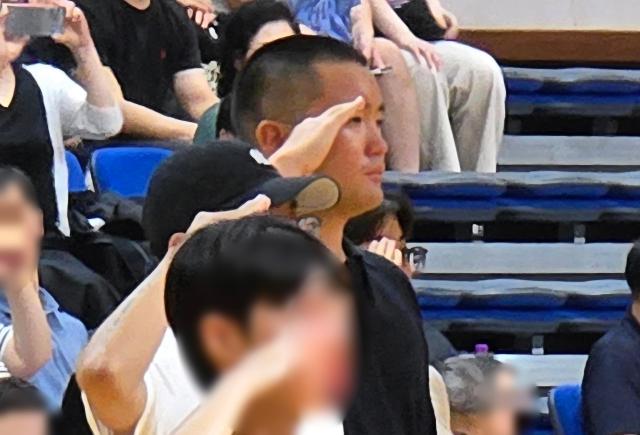
SEOUL, September 16 (AJP) - The Generation Z heirs and heiresses of South Korea’s powerful chaebol families are breaking out of their traditionally cloistered worlds, venturing into public spheres once considered off-limits — from serving in the military to debuting as entertainers.
For decades, children of Korea’s leading business dynasties largely stayed in the shadows and confined to their own insulated world. Their lives typically revolved around elite overseas education, discreet apprenticeships within family-run conglomerates, and carefully orchestrated public appearances. The prevailing image was one of privilege and distance, with heirs growing up behind the protective walls of wealth.
But Millennials and Generation Z are reshaping the script. Influenced by global culture, social media, and heightened visibility, they are increasingly willing to craft their own identities in public view — whether through national service or participation in the entertainment industry.
Samsung Electronics Chairman Lee Jay Y.’s 24-year-old son, Lee Ji-ho, began basic officer training on Monday. After 11 weeks, he will be commissioned as a Navy second lieutenant and serve 39 months as an interpreter officer. He renounced his U.S. citizenship to fulfill his duty in Korea, a rare step away from the elite and lofty stigma long tied to chaebol heirs.
Chey Min-jung, daughter of SK Group Chairman Chey Tae-won, also chose a naval officer’s path, unusual for a woman from a top business family.

Others have ventured into a field once derided in conservative Korean society as frivolous or unbecoming of business royalty: entertainment. The word “ddandda-ra,” a pejorative slang for entertainer, long symbolized that stigma.
Moon Seo-yoon, daughter of Shinsegae President Chung Yoo-kyung, debuted in June as Annie, a member of the co-ed idol group All Day Project. Lee Seung-joo, son of NAVER founder Lee Hae-jin, has built a career as singer-songwriter Loren. Ham Yeon-ji, daughter of Ottogi Chairman Ham Young-joon, is active as a musical actress and YouTuber.
These moves reflect more than personal ambition. They illustrate how the younger generation of chaebol scions expresses identity more openly, challenging old norms of distance and exclusivity.
Kenneth Chi Ho Kim, professor at Hanyang University ERICA, said media attention on chaebol offspring may begin with their family name but cannot last without substance. “Family ties may spark initial buzz, but without individual performance that attention can quickly fade or even turn negative,” he said.
Moon’s debut, for instance, has drawn mixed reactions, with critics questioning whether her family background gave her an unfair platform.
On the broader implications, Kim noted that such backgrounds can still add to the diversity of popular culture. “It shouldn’t matter whether someone comes from a wealthy or humble background. When people from different walks of life participate, popular culture becomes more dynamic and meaningful,” he said.
Copyright ⓒ Aju Press All rights reserved.




